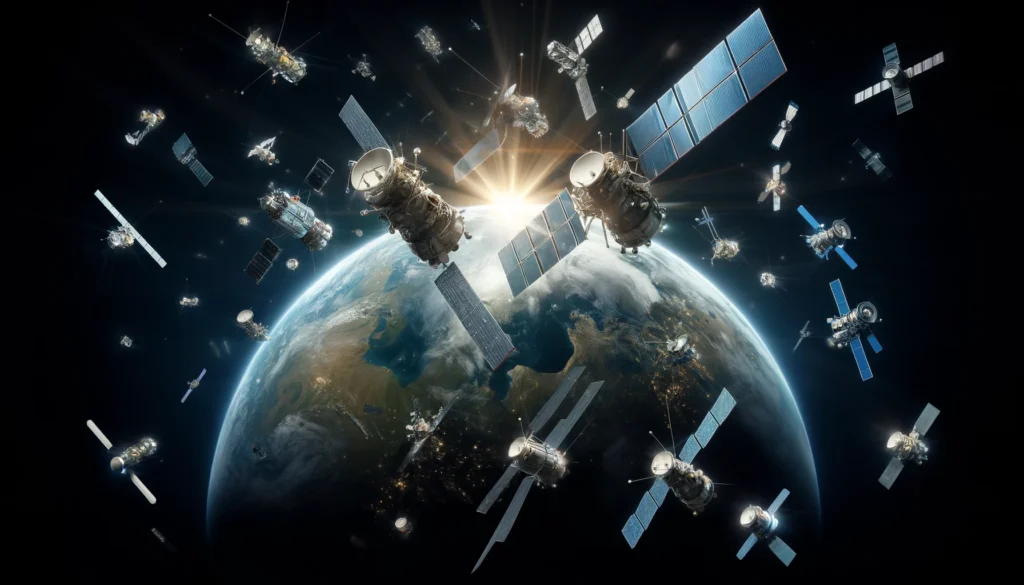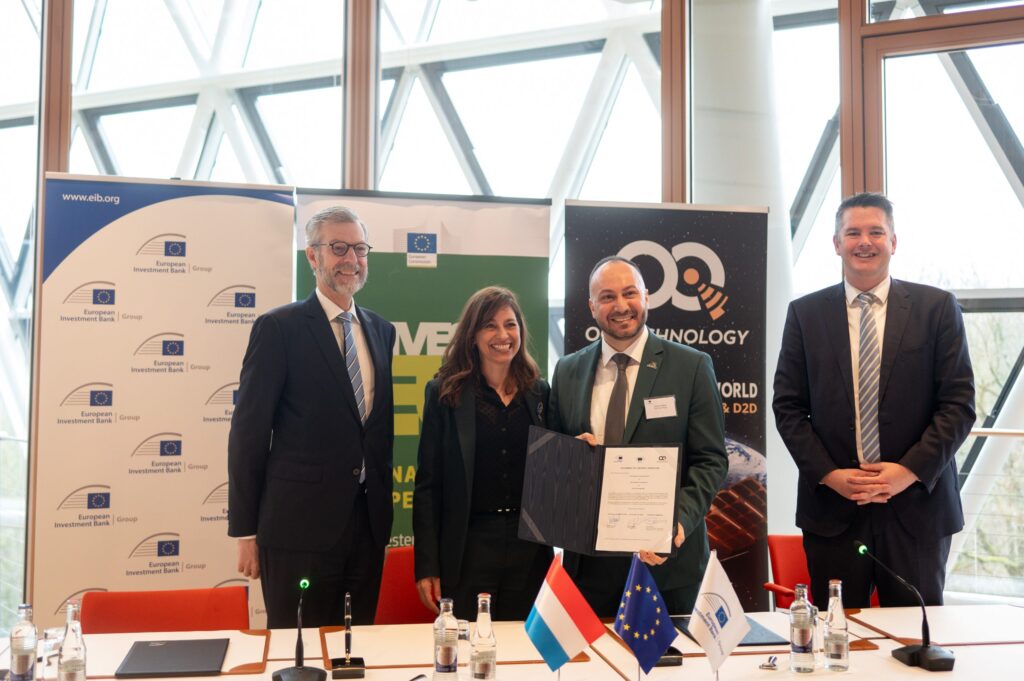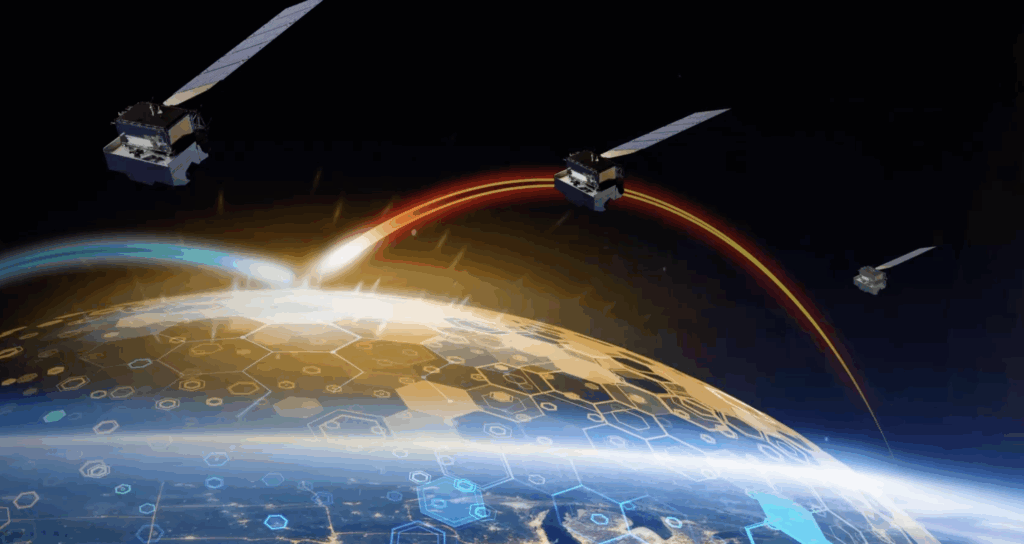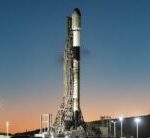Now Reading: European officials stress space autonomy despite lingering dependencies
-
01
European officials stress space autonomy despite lingering dependencies
European officials stress space autonomy despite lingering dependencies
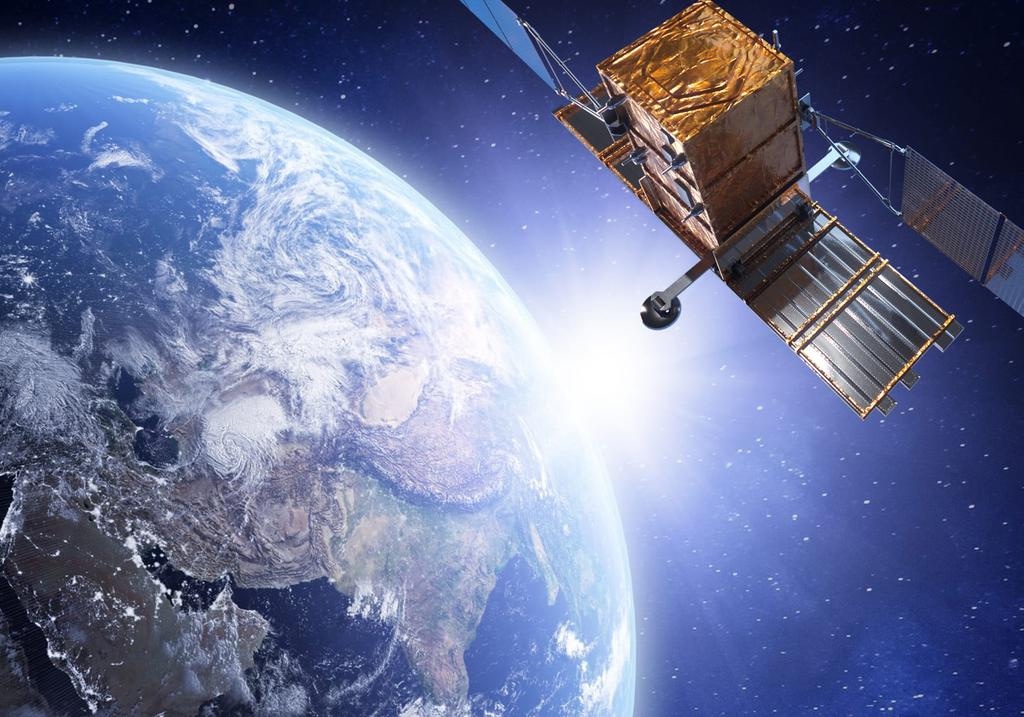

BREMEN, Germany — European government officials stressed the need to build strong, autonomous space capabilities, even as the continent continues to rely on foreign companies for some launches.
During sessions at Space Tech Expo Europe on Nov. 18, officials from national space agencies and governments said shifting geopolitics have made it critical for Europe to expand its investments in space.
“We have a paradigm shift,” said Alberto Maulu, manager for technologies at the Luxembourg Space Agency, during one panel. “Resilience, security, European independence is now what’s driving at the institutional level and also at the commercial level.”
That includes increased support for defense-related space activities. “We have no other choice because of our geopolitical situation,” said Marta Wachowicz, president of the Polish space agency, POLSA. “Poland will advocate for a European approach to space security that treats satellites, launch capabilities and ground systems as critical assets.”
The comments come as final preparations are underway for the European Space Agency’s ministerial conference, scheduled for Nov. 26–27, where member states will decide on funding for programs over the next three years. Those decisions will include proposed new programs focused on space security and strengthening Europe’s overall competitiveness in the global space sector.
“Europe seems to be losing ground,” with its share of the global space economy shrinking, said Craig Brown, investment director at the U.K. Space Agency. “The Council of Ministers is perhaps an opportunity for us to think about how we do things differently.”
“The ministerial should be about strategic autonomy,” Wachowicz said. “It should be more security-driven.”
Several nations are also planning increased domestic spending as they build up national space capabilities. “In Italy, there was quite a significant increase in budgets in the last few years,” said Marco Di Clemente, head of technology development and the space design office at the Italian space agency ASI. “We also increased by a lot the budget for some strategic areas — technologies, for example — at the national level.”
One such strategic national program is Cosmo-Skymed, a system of radar imaging satellites. “We prefer to guarantee the full control from Italy and the security provided by this program,” Di Clemente said.
Italy is preparing to launch the third satellite in the Cosmo-Skymed Second Generation (CSG) system. However, that satellite will not launch on a European rocket.
In a Nov. 13 social media post, Italy’s defense ministry said the satellite was being prepared for shipment to the launch site at Vandenberg Space Force Base in California. ASI, in a Nov. 14 video, also said the satellite was about to ship to Vandenberg but did not disclose a launch date or launch vehicle.
The announcements surprised many in the industry. Italy launched the second CSG satellite on a Falcon 9 in early 2022, citing delays in development of the Vega C rocket. At the time, ASI said it had contracted with Arianespace to launch the third satellite on a Vega C, then planned for 2024.
Di Clemente confirmed at the conference that the third CSG satellite will launch on a Falcon 9 before the end of the year. He said after the panel that the long hiatus in Vega C launches following a December 2022 failure disrupted the vehicle’s manifest.
“There was a need to launch this satellite as soon as possible,” he said, citing its importance for dual-use applications. “It was quite a unique case, unfortunately.”
He noted that the CSG satellite design was one of the “dimensioning cases” for Vega C, which was developed by Italian company Avio. Despite that, the rocket has yet to launch a CSG satellite: the first satellite flew on a Soyuz when that rocket was still operating from French Guiana.
The launch contract originally intended for the third CSG satellite will now be used for the fourth satellite, he said, which is scheduled for launch in the first half of 2027.
Stay Informed With the Latest & Most Important News
Previous Post
Next Post
-
 01Two Black Holes Observed Circling Each Other for the First Time
01Two Black Holes Observed Circling Each Other for the First Time -
 02From Polymerization-Enabled Folding and Assembly to Chemical Evolution: Key Processes for Emergence of Functional Polymers in the Origin of Life
02From Polymerization-Enabled Folding and Assembly to Chemical Evolution: Key Processes for Emergence of Functional Polymers in the Origin of Life -
 03Astronomy 101: From the Sun and Moon to Wormholes and Warp Drive, Key Theories, Discoveries, and Facts about the Universe (The Adams 101 Series)
03Astronomy 101: From the Sun and Moon to Wormholes and Warp Drive, Key Theories, Discoveries, and Facts about the Universe (The Adams 101 Series) -
 04True Anomaly hires former York Space executive as chief operating officer
04True Anomaly hires former York Space executive as chief operating officer -
 05Φsat-2 begins science phase for AI Earth images
05Φsat-2 begins science phase for AI Earth images -
 06Hurricane forecasters are losing 3 key satellites ahead of peak storm season − a meteorologist explains why it matters
06Hurricane forecasters are losing 3 key satellites ahead of peak storm season − a meteorologist explains why it matters -
 07Binary star systems are complex astronomical objects − a new AI approach could pin down their properties quickly
07Binary star systems are complex astronomical objects − a new AI approach could pin down their properties quickly












